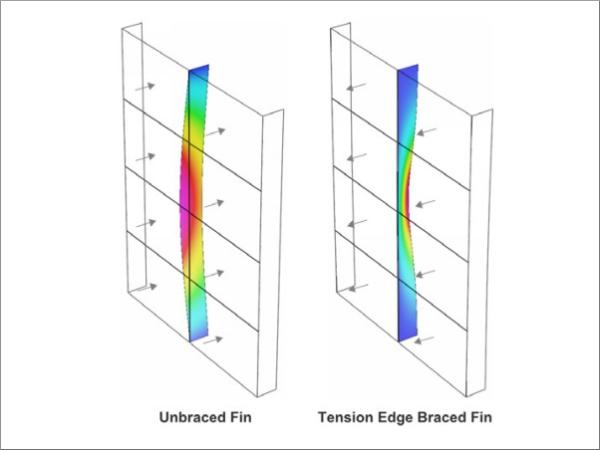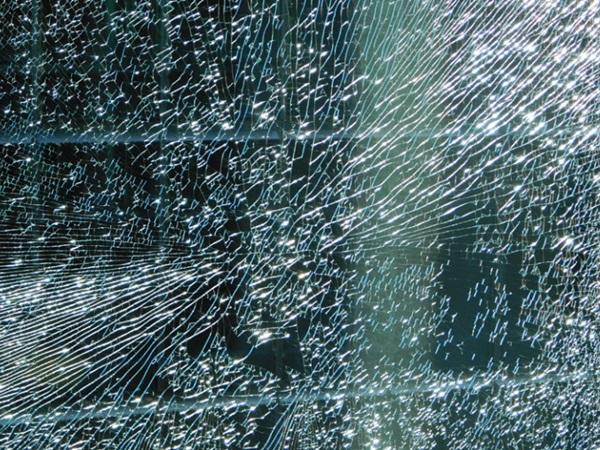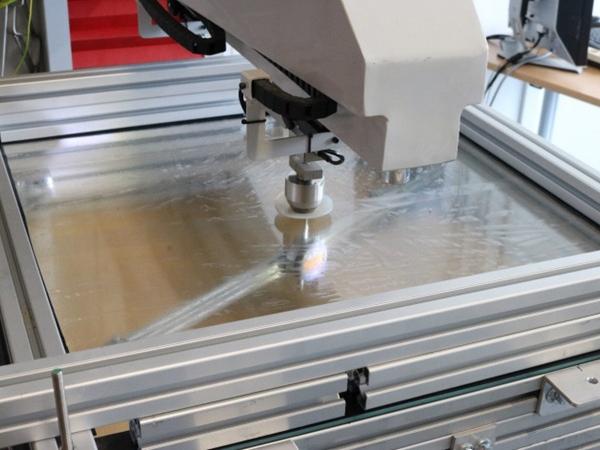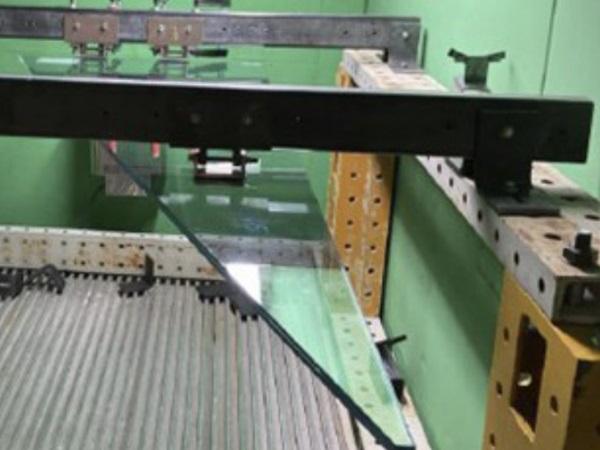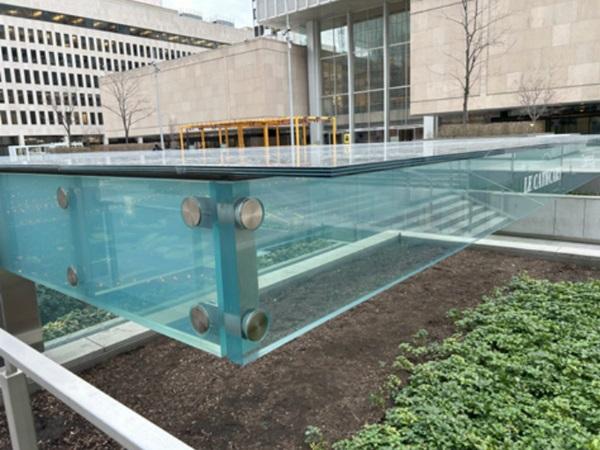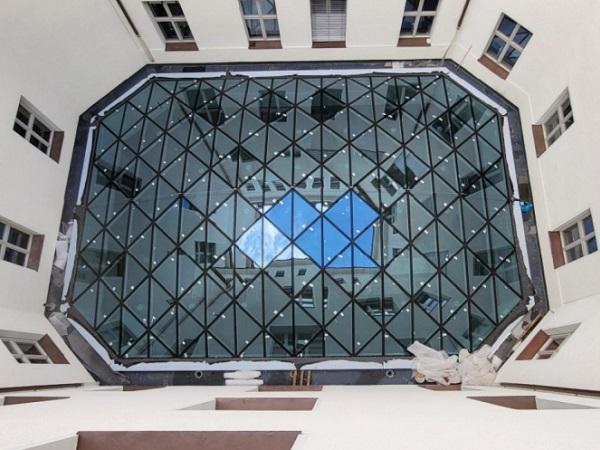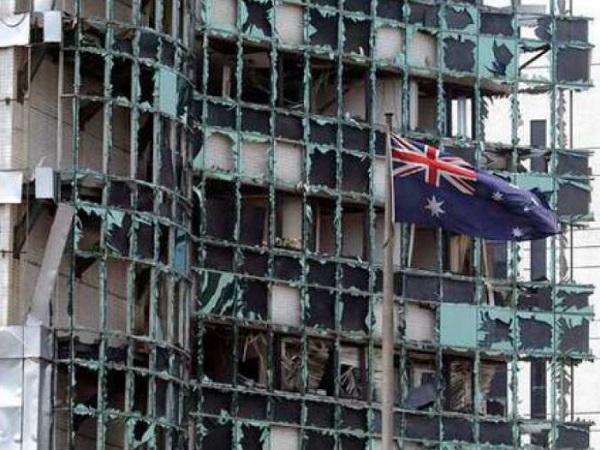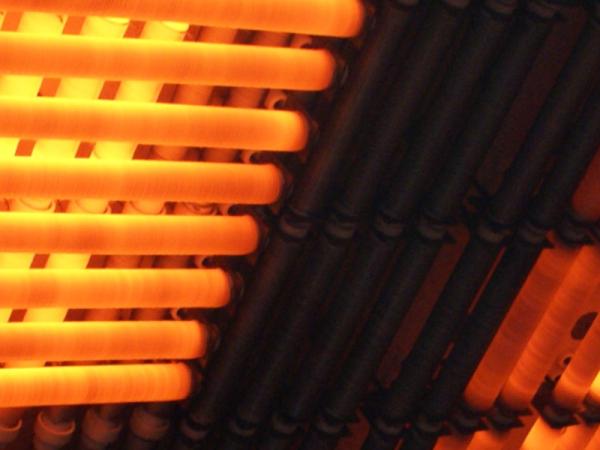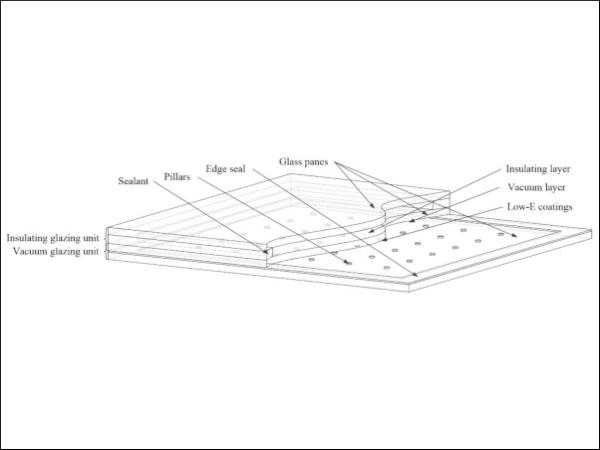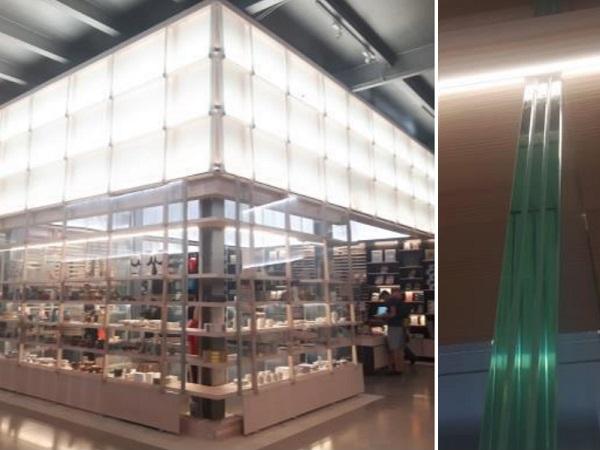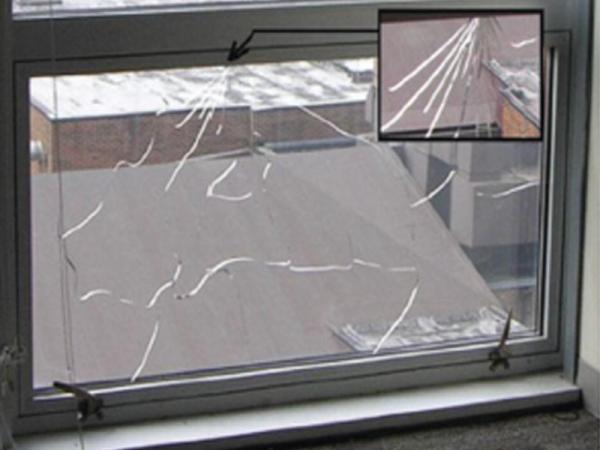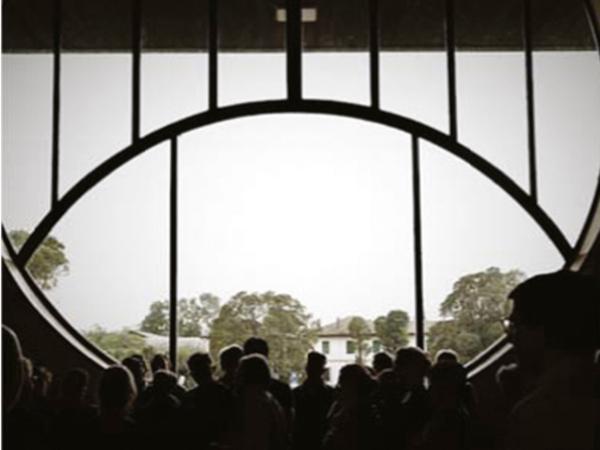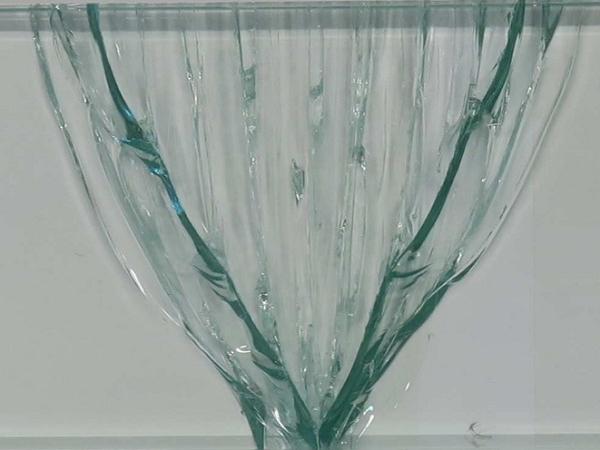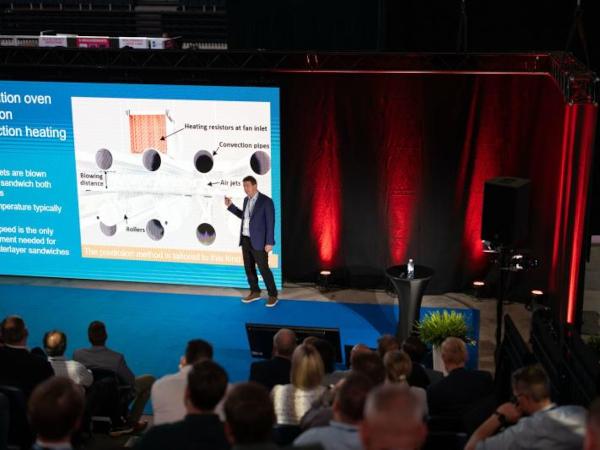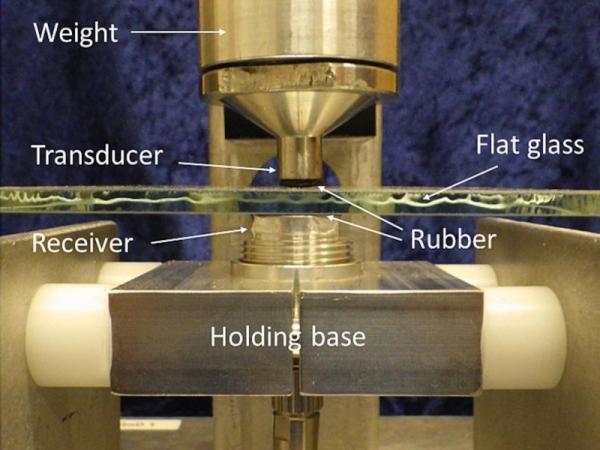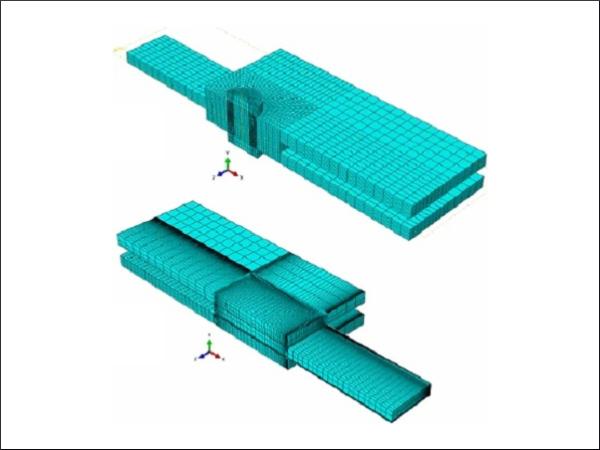Others also read
| In this contribution, PVB interlayers for highly effective and low-surface coverage bird-friendly laminated safety glass will be described.
| Comparisons with Prony series approach.
| In this paper, the Sandwich Theory of effective thickness is applied to the evaluation of multilaminate glass fin stability for in-plane flexure.
| Laminating glass together with a PVB or ionoplast interlayer can help mitigate security threats that range from smash and grab burglary, forced entry, ballistics, to even bomb blast.
| A novel approach to generate a flat plate with enhanced stiffness has been identified. This approach is scalable, offering the potential for improved stiffness for both large-format glass and thin, chemically tempered glass.
| Glass is a brittle material. After the stress due to loading exceeds the resistance, a breakage occurs, and the glass is no longer intact.
| Multilayer laminates are used to increase strength, redundancy and residual capacity, but some configurations can lead to catastrophic failures.
| ‘Levitation Ledges at the Summit of the One Vanderbilt (NYC)’
| New fire-resistant load-bearing glass beams are under development and examined within a joint research project between Hero-Fire GmbH, Taupitz GmbH & Co. KG and Technische Universität Dresden.
Unlocking energy efficiency potential: vacuum-insulated glazing for sustainable buildings - Glastory
| Read more about Antti Aronen's presentation at Glass Performance Days (GPD) 2023, "An enhanced model of thermomechanical loading on a Vacuum Insulated Glazing".
| This paper presents a review on the state of art of analysis and design of glass window/facade system under blast loading, with evidence of available experimental outcomes, design methods and trends, open challenges.
| In this article, Mika gives our readers some expert advice on improving energy efficiency in safety glass manufacturing.
The Effects of the Large-Scale Factor on the Integrity Parameters of Monolithic Fire-Resistant Glass
| Glass structures are subject to high fire safety requirements. Two methods are employed in this work: experimental studies of small-sized and large-sized samples and simulations of heating glass structures.
| This study delves into the critical aspects of fire safety in laminated glass.
| In this paper, a prediction method of the heat transfer coefficient of composite vacuum glazing (CVG) is proposed.
| This study describes what to our knowledge is the first full scale fire resistance tests of Timber-Glass composites beams.
| A review of experimental research and main influencing parameters
| This study conducts a survey of the literature to identify and discuss various materials and design approaches incorporated to augment the sustainability of laminated glass.
| In this paper, the attention is given to a glass facade built in 1962 and currently subjected to accidental bird-strike.
| The research paper gives an idea and compares the structural behaviour and fracture pattern and evaluates laminated glass samples with PVB, Ionoplast and EVA interlayers.
| The latest Glastory blog presents how to overcome interlayer temperature hurdles in laminated glass processing with the prediction method. More of the presentation by Mikko Rantala at GPD 2023.
| This article proposes a methodology for the structural design of multi-layered glass beams considering lateral-torsional buckling.
| The present paper describes a method for non-destructive testing of the glass strength.
| This paper investigates the use of bolted and brittle/ductile adhesive connections in glass structures.



